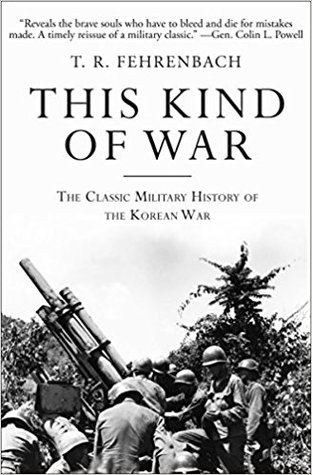More on this book
Community
Kindle Notes & Highlights
Read between
August 3 - September 8, 2020
The problem was that America had fought the war—as she had most of her wars—as a crusade, while Russia had fought first for survival, then for power. Crusades are usually inconclusive; it was no accident that Russia won the peace.
Crusades, even when failures, are emotionally satisfying. Wars of containment, wars of policy, are not. They are hard to justify unless it is admitted that power, not idealism, is the dominant factor in the world, and that idealism must be backed by power.
They had been raised to believe the world was without tigers, then sent to face those tigers with a stick. On their society must fall the blame.
Americans in 1950 rediscovered something that since Hiroshima they had forgotten: you may fly over a land forever; you may bomb it, atomize it, pulverize it and wipe it clean of life—but if you desire to defend it, protect it, and keep it for civilization, you must do this on the ground, the way the Roman legions did, by putting your young men into the mud.
A nation that does not prepare for all the forms of war should then renounce the use of war in national policy. A people that does not prepare to fight should then be morally prepared to surrender. To fail to prepare soldiers and citizens for limited, bloody ground action, and then to engage in it, is folly verging on the criminal.


